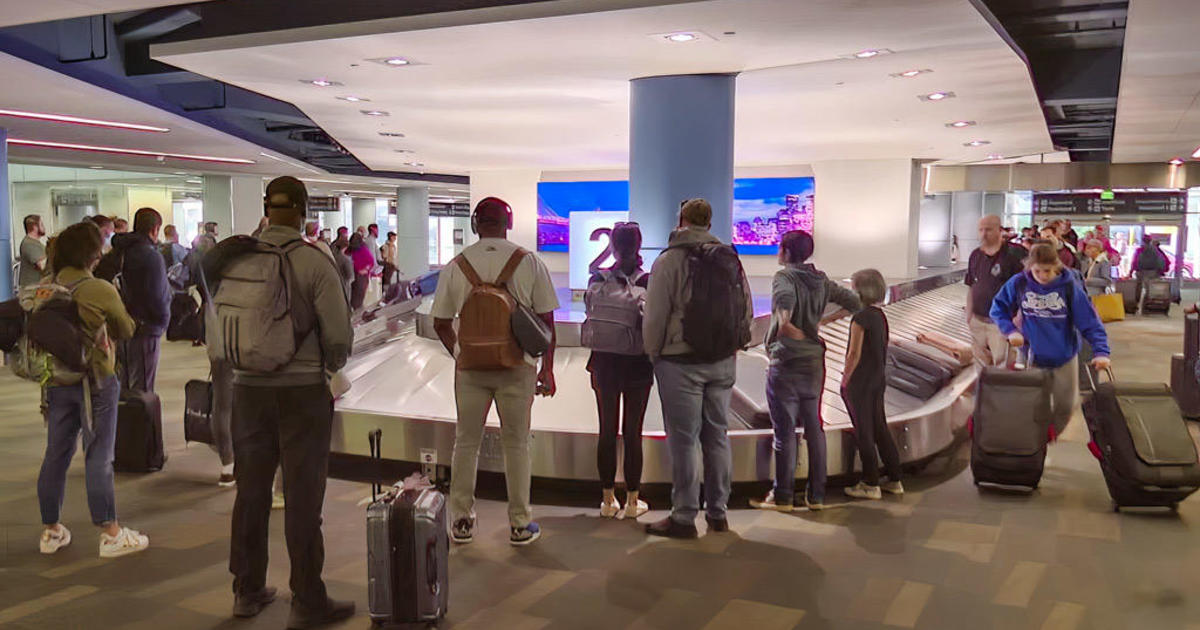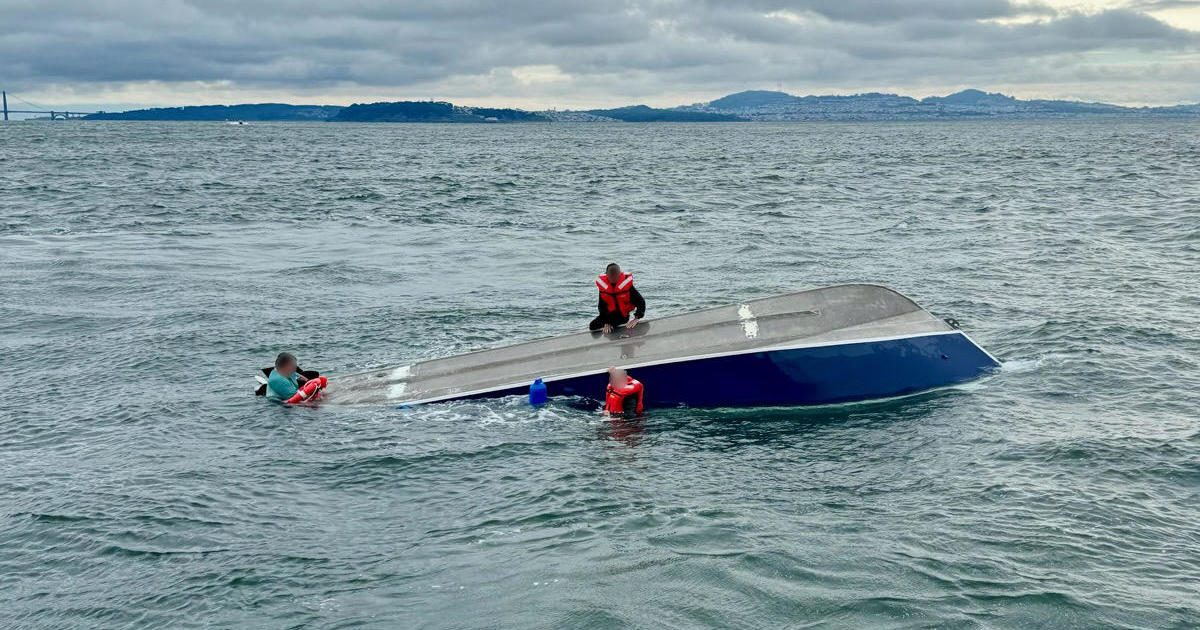Drugmaker Gilead Owes Rival $200 Million In Patent Lawsuit
FOSTER CITY (CBS / AP) – The federal jury in a patent trial has ordered Bay Area-based drugmaker Gilead Sciences to pay Merck $200 million in damages for infringing on patents for hepatitis C drugs.
The award is far below the damages Merck sought, but the trial moves to a new phase Wednesday. The jury, in San Jose, then will decide whether Merck & Co. is due royalties on sales of Gilead's hepatitis C drugs, Harvoni and Sovaldi.
Merck, which recently launched a hepatitis C drug called Zepatier, claims two patents that Merck and partner Ionis Pharmaceuticals filed in 2002 were the basis for Gilead's sofosbuvir. That's the active ingredient in Sovaldi and part of combination drug Harvoni, which are among the world's top-grossing medicine franchises.
The two Gilead drugs had 2015 worldwide sales of $19.1 billion, mostly in the U.S. That's nearly two-thirds of all revenue for Gilead Sciences Inc., a biologic drugmaker based in Foster City.
Merck, which is based in Kenilworth, New Jersey, sought damages amounting to 10 percent of U.S. sales of Harvoni and Sovaldi through the end of 2015, which totaled $23.1 billion. It's also seeking royalties of 10 percent of the U.S. sales of the two drugs from Jan. 1, 2016 on.
Gilead said it will appeal the $200 million award the jury ordered Thursday night, if a judge upholds it.
"Since Merck made no contribution and assumed none of the risk in the discovery and development of sofosbuvir, we do not believe Merck is entitled to any amount of damages. We continue to believe the Merck patents are invalid," Gilead said.
However, the federal judge overseeing the case ruled a month ago that Gilead's two medicines did infringe on the patents. Then on Tuesday, the jury upheld the validity of the two patents, which Merck and Ionis Pharmaceuticals filed in 2002 for "compounds and methods" to treat patients infected with the hepatitis C virus.
Merck claimed that Pharmasset, a company Gilead bought for $11 billion in 2011 to gain the rights to then-experimental drug sofosbuvir, used information in the 2002 patents to develop sofosbuvir. Merck said it, Ionis Pharmaceuticals of Carlsbad, California, and their partners spent years and significant money working on the patents.
Gilead denies any patent infringement, saying Pharmasset began working on sofosbuvir's development in 2001.
According to Merck, Gilead initiated the litigation by seeking a declaratory judgment that the Merck and Ionis patents were invalid.
"The jury's verdict upholds patent protections that are essential to the development of new medical treatments," Merck said late Thursday.
Patents guarantee drugmakers exclusive sales for a decade or more, before generic competition is allowed, so the companies can recoup their investment and use profits to then develop new medicines.
Merck won U.S. approval on Jan. 28 for Zepatier, and priced it well under Harvoni's list price of $94,000 per treatment course. That set up a battle for favorable formulary positions, and thus more sales, from insurers and prescription benefit managers.
Merck was one of two dominant makers of hepatitis C treatments until Gilead's drugs were approved. Those drugs, as well as Merck's Zepatier and new ones from a few other rivals, have revolutionized treatment for hepatitis C. About 3 million Americans and millions more elsewhere have the liver-destroying, bloodborne virus.
Prior generations of hepatitis C medicines required a year of treatment and caused flu-like and other side effects, yet barely cured half of patients. The new drugs cure about 95 percent of patients in eight to 12 weeks, but their high prices have strained the budgets of insurers and government health programs.
© Copyright 2016 The Associated Press. All Rights Reserved. This material may not be published, broadcast, rewritten or redistributed.



